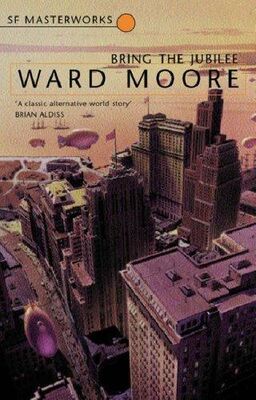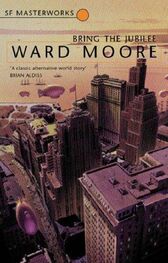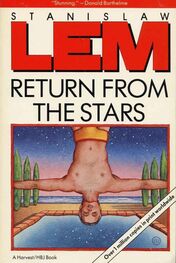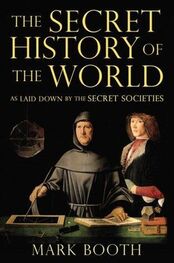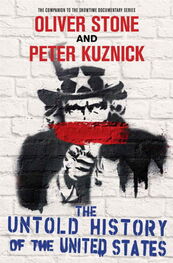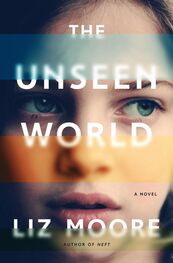But the guns were not sounding from there. All the roar was northward, from the town. I knew how the battle went; I had studied it for years. Only now it wasn't happening the way it was written down in the books.
True, the first day was a Confederate victory. But it was not the victory we knew. It was just a little different, just a little short of the triumph recorded. And on the second day, instead of the Confederates getting astride the Taneytown Road and into the position from which they tore Meade's army to bits from three sides, I witnessed a terrible encounter in the peach orchard and the wheat field—places known to be safely behind the Southron lines.
All my life I'd heard of Pickett's charge on the third day. Of how the disorganized Federals were given the final killing blow in their vitals. Well, I saw Pickett's charge on the third day, and it was not the same charge in the historic place. It was a futile attempt to storm superior positions (positions, by established fact, in Lee's hands since July 1) ending in slaughter and defeat.
Defeat for the South, not the North. Meade's army was not broken; the Confederates could not scatter and pursue them now. The capitulation, if it ever took place, would come under different circumstances. The independence of the Confederate States might not be acknowledged for years. If at all.
All because the North held the Round Tops.
Years more of killing, and possibly further years of guerrilla warfare. Thousands and thousands of dead, their blood on my hands. A poisoned continent, an inheritance of hate. Because of me.
I cannot tell you how I got back to York. If I walked, it was somnambulistically. Possibly I rode the railroad or in a farmer's cart. Part of my mind, a tiny part that kept coming back to pierce me no matter how often I crushed it out, remembered those who died, those who would have lived, but for me. Another part was concerned only with the longing to get back to my own time, to the Haven, to Catty. A much larger part was simply blank, except for the awesome, incredible knowledge that the past could be changed—that the past had been changed.
I must have wound my watch—Barbara's watch—for it was ten o'clock on the night of July 4 when I got to the barn. Ten o'clock by 1863 time; the other dial showed it to be 8:40, that would be twenty of nine in the morning, 1952 time. In two hours I would be home, safe from the nightmare of happenings that never happened, of guilt for the deaths of men not supposed to die, of the awful responsibility of playing destiny. If I could not persuade Barbara to smash her damnable contrivance I would do so myself.
The dogs barked madly, but I was sure no one heeded. It was the Fourth of July, and a day of victory and rejoicing for all Pennsylvanians. I stole into the barn and settled myself in the exact center, even daring the use of a match, my last one, to be sure I'd be directly under the reflector when it materialized.
I could not sleep, though I longed to blot out the horror and wake in my own time. Detail by detail I wentover what I had seen, superimposing it like a palimpsest upon the history I'd always known. Sleep would have kept me from this wretched compulsion and from questioning my sanity, but I could not sleep.
I have heard that in moments of overwhelming shock some irrelevancy, some inconsequential matter persistently forces itself on the attention. The criminal facing execution thinks, not of his imminent fate or of his crime, but of the cigarette stub he left burning in his cell. The bereaved widow dwells, not on her lost husband, but on tomorrow's laundry. So it was with me. Behind that part of my mind reliving the past three days, a more elementary part gnawed at the identification of the slain captain.
I knew that face. Particularly did I know that face set in a sneer, distorted with anger. But I could not remember it in Confederate uniform. I could not remember it with sandy mustaches. And yet the sandy, reddish hair, revealed in that terrible moment when his hat flew off, was as familiar as part of the face. Oh, I thought, if I could only place it once and for all and free my mind at least of this trivial thing.
I wished there were some way I could have seen the watch, to concentrate on the creeping progress of the hands and distract myself from the wave after wave of wretched meditations which flowed over me. But the moonlight was not strong enough to make the face distinguishable, much less the figures on the dials. There was no narcotic.
As one always is at such times I was convinced the appointed moment had passed unnoticed. Something had gone wrong. Over and over I had to tell myself that minutes seem hours in the waiting dark; it might feel like two or three in the morning to me; it was probably barely eleven. No use. A minute—or an hour or a second—later I was again positive midnight had passed.
Finally I began to suffer a monstrous illusion. I began to think it was getting lighter. That dawn was coming. Of course, I knew it could not be; what I fancied lifting darkness was only a sick condition of swollen, overtired eyes. Dawn does not come to Pennsylvania at midnight, and it was not yet midnight. At midnight I would be back at Haggershaven, in 1952.
Even when the barn was fully lighted by the rising sun and I could see the cattle peaceful in their stalls I refused to believe what I saw. I took out my watch only to find something had disturbed the works; the hands registered five o'clock. Even when the farmer, milk pails over arm, started in surprise, exclaiming, “Hey, what you doing here?"—even then, I did not believe.
Only when I opened my mouth to explain to my involuntary host did something happen. The puzzle which had pursued me for three days suddenly solved itself. I knew why the face of the Southron captain had been so familiar. Familiar beyond any of the better known warriors on either side. I had indeed known that face intimately; seen those features enraged or sneering. The nose, the mouth, the eyes, the expression were Barbara Haggerwells's. The man dead in the peach orchard was the man whose portrait hung in the library of Haggershaven, its founder, Herbert Haggerwells. Captain Haggerwells—never to become a major now, or buy this farm. Never to marry a local girl or beget Barbara's great-grandfather. Haggershaven had ceased to exist in the future.
I am writing this, as I said, in 1877. I am a healthy man of forty-five, no doubt with many years ahead of me. I might live to be a hundred, except for an illogical feeling that I must die before 1921. However, eighty-nine should be enough for anyone. So I have ample time to put my story down. Still, better to have it down and done with; should anything happen to me tomorrow it will be on paper.
For what? As confession and apology? As an inverted substitute for the merciful amnesia which ought to have erased my memory as well as my biography? (I have written to Wappinger Falls; there are no records of any Hodgins family, or of Backmakers. Does this mean the forces I set in motion destroyed Private Hodgins as well as Captain Haggerwells? Or only that the Hodginses and Backmakers settled elsewhere? In either case I am like Adam—in this world—a special, parentless creation.) There is no one close enough to care, or intimate enough to accept my word in the face of all reason. I have not married in this time, nor shall I. I write only as old men talk to themselves.
The rest of my personal story is simple. The name of the farmer who found me in his barn was Thammis; they had need of a hired hand and I stayed on. I had no desire to go elsewhere; in fact I could not bear to leave what was—and will never be—Haggershaven.
In the beginning I used to go to the location of the Agatis' garden and look across at the spot where I left our cottage and Catty. It was an empty pilgrimage. Now I content myself with the work which needs doing. I shall stay here till I die.
Читать дальше